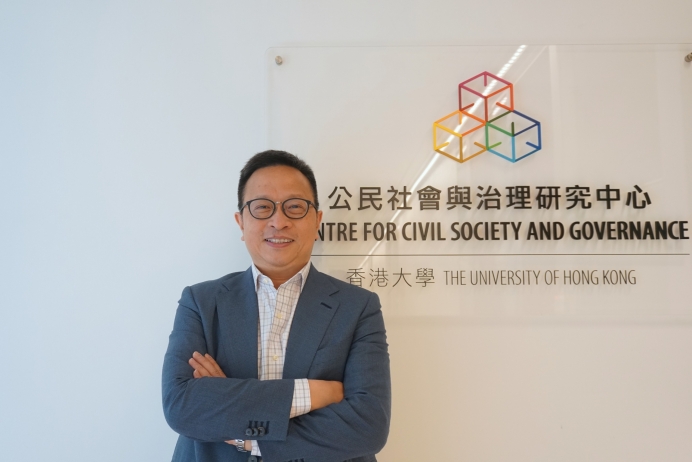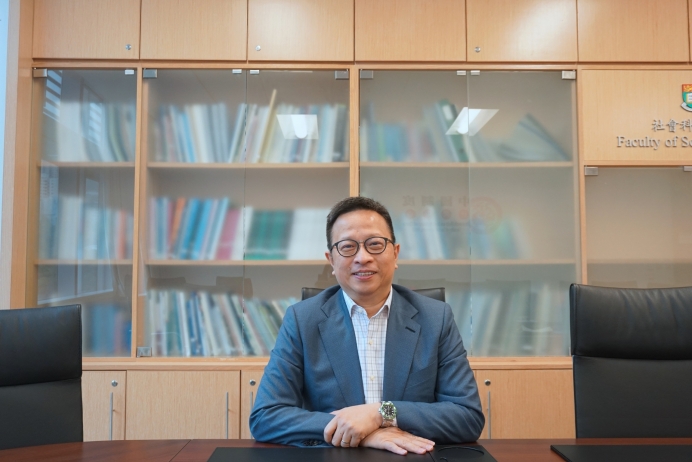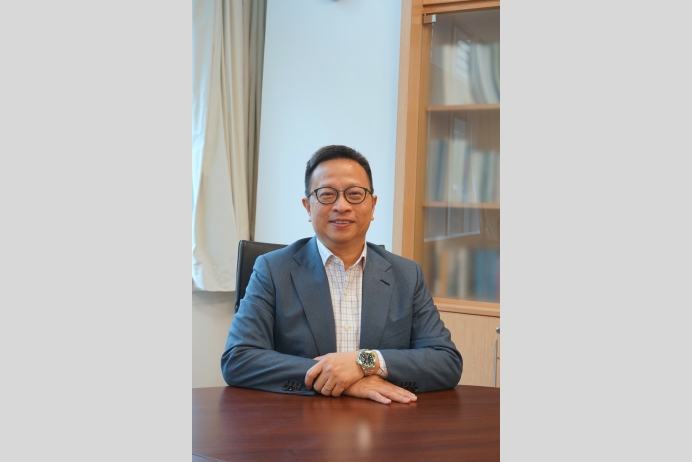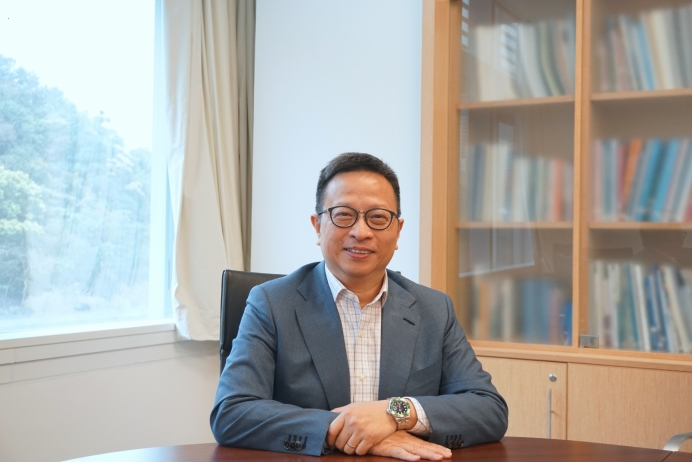The 2021 HSBC Living Business Awards has identified UN SGD Goal 11: Sustainable Cities and Communities as one of its objectives in promoting sustainable development. Professor Lam Wai-fung, Director of the Centre for Civil Society and Governance, The University of Hong Kong, defined sustainability in broader terms, bringing in aspects such as the interaction between humans and nature, the vitality of a city and the need to make cities liveable and strong enough to withstand a variety of challenges. Businesses, he said, can play a significant role in achieving this goal.
During the height of the Covid-19 pandemic in 2020, Hong Kong as a society showed its strength and toughness, proving to be a city that was capable of embracing a sustainable development environment. Hong Kong people’s self-discipline ensured they were masked up for protection even before the government ordered companies to increase mask production. The factories reacted positively and provided an excellent example of how the business sector responded rapidly to the pandemic benefited society as a whole.
Lam highlighted the fact that SMEs were sometimes reluctant to implement sustainable development practices, thinking their small-scale activities would not make an impact or that they were wasting resources.
In terms of energy efficiency, some companies may not know how to choose the suitable compact fluorescent lamps for their businesses. This showed the importance of being able to obtain and share relevant knowledge and expertise.
The Hong Kong Government had begun to engage the society more actively in the 70s and 80s while before that, the role was successfully performed by charities and township organisations. In modern times, various chambers of commerce are organising activities for their respective sectors, proving that the energy and enthusiasm to enrich society is as strong as ever and has become a source of pride for Hong Kong people.
In addition, the HSBC Living Business Awards is the perfect cross-sector platform for SMEs to learn from each other during difficult times. Such cross-sector business activities could potentially influence the entire community.
To achieve Goal 11, Professor Lam said personal behaviour and living habits are imperative because self-motivation is more effective when it comes to actions such as recycling. Companies, however, can take it a step further. Taking kitchen waste recycling as an example, Professor Lam said property management companies may offer a reward scheme to ensure enthusiasm from residents. After a certain period, once the practices have become part of everyday life, rewards may no longer be necessary.
To reduce the use of plastic products, many Hong Kong restaurants have stop providing plastic bags for takeaway orders while some of them have taken the extra step to collect single-use plastic lunch boxes from customers..
Professor Lam reminded that another key point to achieve Goal 11 is the interaction between humans and the environment, along with such recognition from the management of SMEs. Some behavioural changes such saving on electricity, paper and opting for energy-saving lighting systems are easy to follow. These measures are cost-effective and beneficial in promoting a company’s brand, given that the public has been paying more attention to environmental issues. Moreover, the pros of eco-awareness could reveal greater business opportunities because a number of international researches have shown that people are willing to pay more to “greener” businesses. It would not be hard for corporate leaders to imagine that business would bloom when the society is thriving.
As for ensuring an energetic society, Professor Lam is putting his faith in young people. Hong Kong must avoid pessimism and cynicism, otherwise it would be harmful to businesses. With a clear objective, businesses can initiate community projects to establish a socio-ecosystem and improve lives.
A specific case from a property management firm is worth taking into account. They noticed that many elders and children in the community were being taken care of by domestic helpers but the helpers themselves seldom have the chance to communicate with each other. To address the situation, the firm started to organise activities for the domestic helpers, setting up a support network to boost their morale and enhance work efficiency.
Professor Lam said that more than 90 per cent of enterprises in Hong Kong are SMEs and given the fact that they are closely in touch with the community in every aspect of life, it is essential that all stakeholders join together in making Hong Kong a more liveable and energetic society.













